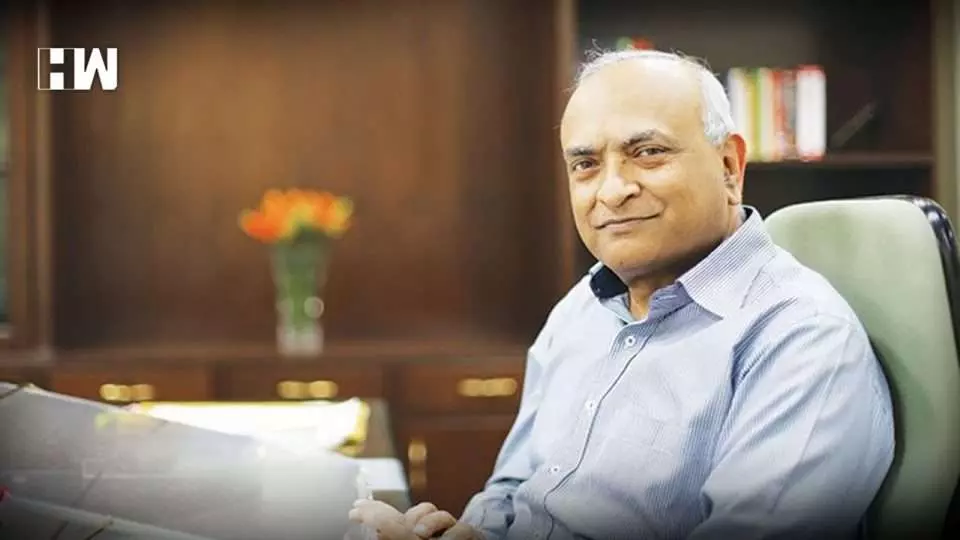The CIC has asked the Rajya Sabha Secretariat to explain how the disclosure of records related to the impeachment motion against Hyderabad High Court judge C V Nagarjuna Reddy under the RTI Act would be a breach of parliamentary privileges.
The question was recently raised by Chief Information Commissioner R K Mathur on a petition of S Malleswara Rao who had sought to know from the Secretariat the number of members of Rajya Sabha who signed and moved the impeachment; the rules and regulations in regard to participation of the members among others.
Officials of the Rajya Sabha Secretariat said some information was provided to Rao but the records related to notice of motion, names of members who withdrew support to the motion etc., are in the custody of Secretary General of the House which have never been made public.
“Such documents relating to or connected with the proceedings of the House are privileged documents and exempted under Section 8(1)(c) of the RTI Act, 2005. The respondent (the Secretariat) stated that once a notice of motion is accepted, as per practice, they disclose the particulars suo-moto,” Mathur noted citing submissions of the Secretariat officials.
In his order, Mathur underlined parliamentary privileges and said certain rights and immunities such as freedom from arrest or freedom of speech belong primarily to individual members of each House and exist because the House cannot perform its functions without unimpeded use of the services of its members.
Other rights and immunities, such as the power to punish for contempt and the power to regulate its own constitution belong primarily to each House as a collective body, for the protection of its members and the vindication of its own authority and dignity, Mathur said.
He said fundamentally, however, it is only as a means to the effective discharge of the collective functions of the House that the individual privileges are enjoyed by members.
“When any of these rights and immunities is disregarded or attacked, the offence is called a breach of privilege and is punishable under the law of Parliament.
“Each House also claims the right to punish contempts, that is, actions which, while not breaches of any specific privilege, obstruct or impede it in the performance of its functions, or are offences against its authority or dignity, such as disobedience to its legitimate commands or libels upon itself, its members or its officers,” he said quoting from Chapter 8 of Parliamentary Privileges -Rajya Sabha.
Mathur directed the Central Public Information Officer of the Rajya Sabha to inform, with approval of competent authority, in writing as to why parting of this information would constitute a breach of privilege of Parliament.
As an independent media platform, we do not take advertisements from governments and corporate houses. It is you, our readers, who have supported us on our journey to do honest and unbiased journalism. Please contribute, so that we can continue to do the same in future.

